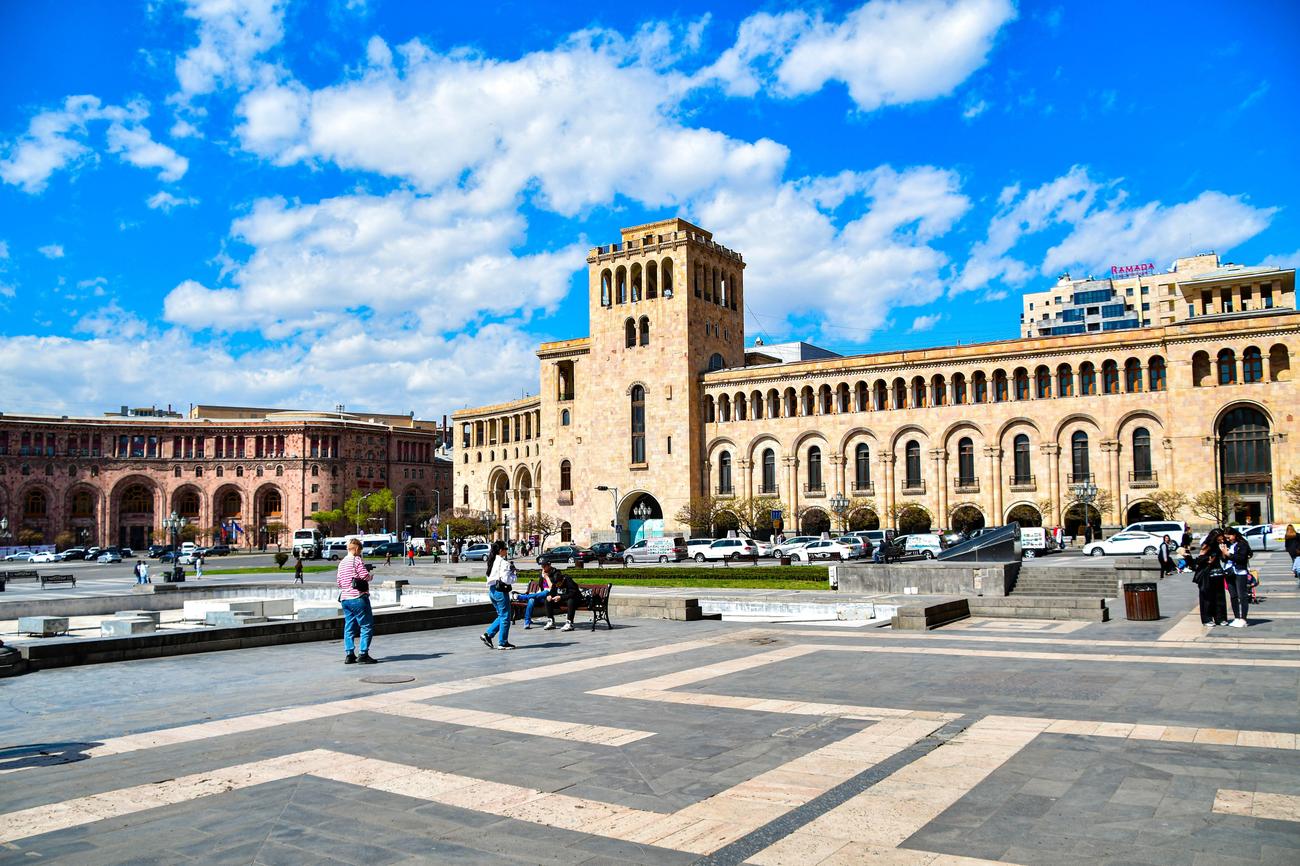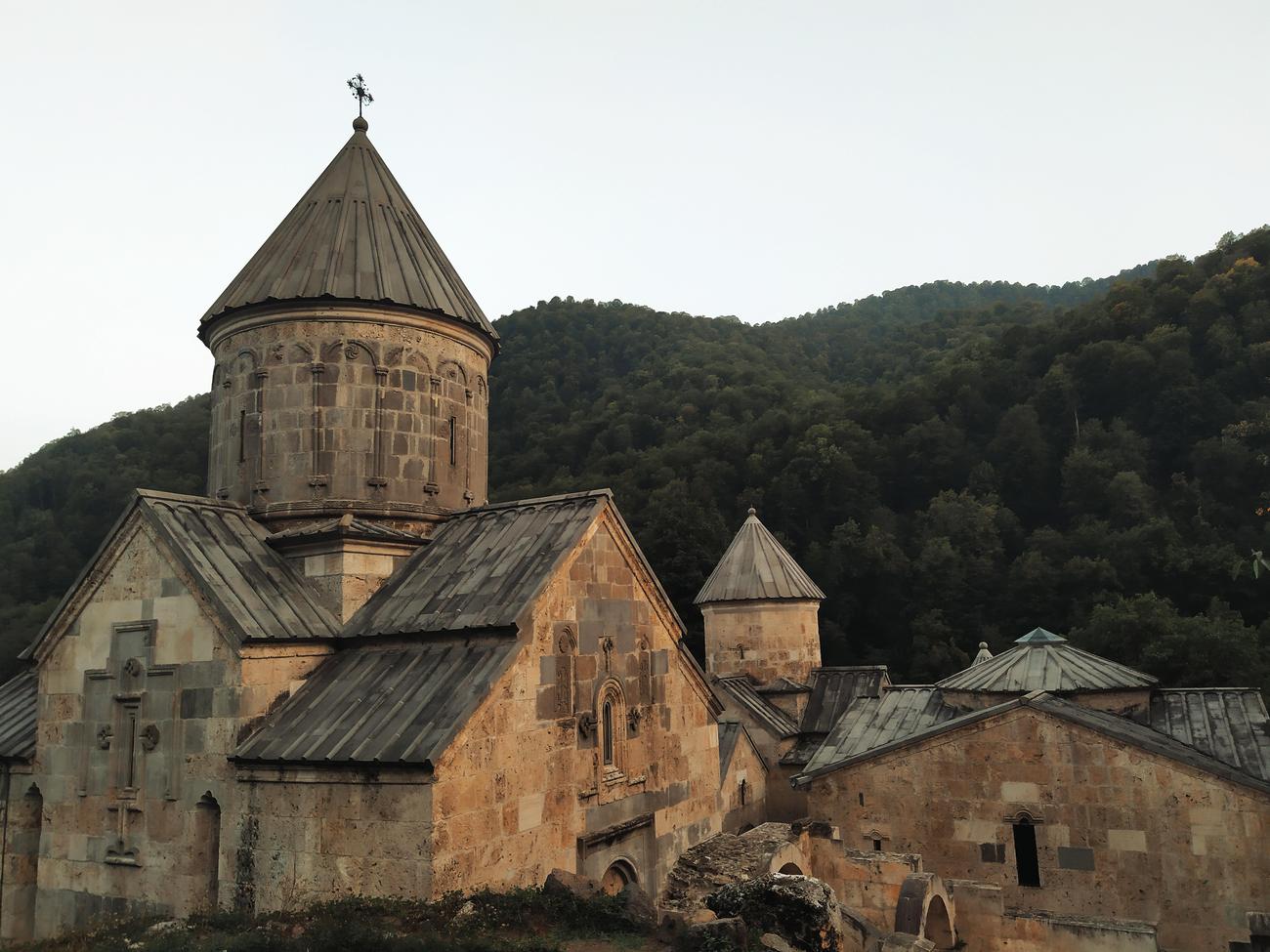Step into the realm of Armenian history and embark on a journey of discovery as we delve into the depths of untold stories and unexplored territories. Prepare to have your perception of Armenian culture reshaped, as we unearth a treasure trove of lesser-known facts that have remained hidden for centuries. In this captivating article, we will strip away the layers of time and unveil the mysteries that lie beneath, shedding light on the fascinating nuances and overlooked aspects of Armenian history. Get ready to be captivated and enlightened as we bring forth a collection of lesser-known facts that will forever alter your understanding of this rich cultural heritage.

Unearthing Armenian History: Revealing Lesser-Known Facts
As a seasoned historian with a passion for untold stories and unexplored territories, I am here to unveil the captivating lesser-known facts about Armenian history. Join me on this journey as we delve into the intricacies of Armenian culture, from ancient civilizations to the modern era. Brace yourself for a fascinating ride that will broaden your understanding of this rich cultural heritage, as we uncover the hidden narratives and overlooked details of Armenia’s past. So, let’s embark on this adventure together and discover the lesser-known facts about Armenian history!
Let’s start our exploration by shedding light on Armenia’s role as a trailblazer in the world. Did you know that Armenia was the first country to adopt Christianity as a state religion in 301 AD? This significant historical event shaped the country’s identity and influenced its culture throughout the centuries. Furthermore, Armenia boasts the oldest state church, constructed in the 4th century, serving as a testament to its deep-rooted religious traditions.
Armenia’s uniqueness extends beyond its religious significance. It is one of the most mono-ethnic countries in the world, with an almost entirely Armenian population. This distinct characteristic has shaped the country’s cultural landscape, emphasizing the preservation and celebration of Armenian traditions.
Armenia is not only known for its people but also for its contributions to the world. Have you ever wondered where the world’s oldest winery is located? Look no further than Armenia. This small but remarkable country is home to the world’s oldest known winery, dating back thousands of years. Armenians have a long-standing relationship with winemaking, making it an integral part of their heritage.
Education plays a vital role in Armenia, with some unique features that set it apart from other countries. In Armenian schools, chess is taught as a mandatory subject. This emphasis on chess reflects Armenia’s historical connection to the game, with numerous grandmasters and world champions hailing from the country. This dedication to chess education showcases Armenia’s commitment to fostering critical thinking and strategic skills among its youth.
Let’s take a moment to indulge our taste buds as we explore the rich tapestry of Armenian cuisine. One culinary delight that deserves special recognition is lavash, a delicious flatbread. This staple food has deep historical roots and has been cherished by Armenians for centuries. Its thin, soft texture and versatile nature make it a beloved accompaniment to countless Armenian dishes.
Armenia’s natural treasures are equally captivating. Its diverse landscape is a paradise for bird enthusiasts, with over 345 bird species calling Armenia home. Whether you’re an avid birder or simply appreciate the wonders of nature, Armenia’s breathtaking habitats will undoubtedly leave you in awe.
Let’s not forget the sprawling history that spans over 3,500 years. Armenia’s ancient roots are deeply embedded in its identity, making it a treasure trove of historical wonders. The capital city, Yerevan, is considered one of the oldest cities in the world, brimming with layers of history waiting to be discovered.
A remarkable aspect of Armenian history lies in its unique alphabet, created in the 5th century and still in use today. The Armenian alphabet symbolizes the nation’s enduring cultural identity, allowing for the preservation of its language and literature throughout the ages.
While we celebrate the triumphs and cultural riches of Armenia, we must also acknowledge the tragic events that have shaped its history. The Armenian Genocide stands as a heartbreaking chapter, where up to 1.5 million Armenians were killed, and many more were forced into diaspora. Understanding this dark period is crucial to comprehending the resilience and determination of the Armenian people as they navigate their history.
Today, the Armenian diaspora comprises a significant part of the global Armenian community, contributing to various countries’ cultural fabric. Their presence highlights the far-reaching impact of Armenian history and serves as a testament to the enduring bonds that connect Armenians across the world.
In conclusion, Armenia’s history is a tapestry woven with lesser-known facts that deserve recognition. By unearthing these captivating stories, we gain a deeper understanding of Armenian culture and its profound impact on the world. From pioneering religious practices to ancient winemaking techniques, Armenia invites us to explore its hidden narratives and discover a rich cultural heritage that spans millennia. Let us embrace these lesser-known facts and embark on a journey of discovery, expanding our horizons and celebrating the vibrant tapestry of Armenian history.
“Unveiling the lesser-known aspects of Armenian history unveils the soul of a nation, revealing its triumphs and struggles, and allowing us to appreciate the resilience of its people.”
Armenian history is a fascinating subject that holds countless intriguing facts. If you’re curious to uncover the mysteries surrounding this ancient civilization, look no further. Click here to uncover some mind-blowing facts about Armenian history.
FAQ
Question 1: What significant event in Armenian history led to the adoption of Christianity as a state religion?
Answer 1: In 301 AD, Armenia became the first country to adopt Christianity as a state religion. This significant event was influenced by the preaching of the apostles Thaddeus and Bartholomew, as well as the efforts of Saint Gregory the Illuminator.
Question 2: What is the importance of the Armenian alphabet in the country’s history?
Answer 2: The Armenian alphabet, created in the 5th century, holds great importance in Armenian history and culture. It is one of the few alphabets in the world that has survived for over 1,500 years and is still in use today. The creation of the alphabet played a crucial role in preserving and spreading Armenian literature and knowledge.
Question 3: Can you share a lesser-known fact about Armenian cuisine?
Answer 3: Armenian cuisine is known for its rich flavors and unique dishes, one of which is lavash. Lavash is a delicious flatbread that has been an integral part of Armenian culture for centuries. Its preparation involves stretching and baking the dough on the walls of a traditional clay oven called a tonir.
Question 4: How did Armenia contribute to the field of winemaking?
Answer 4: Armenia is home to what is believed to be the world’s oldest winery, dating back over 6,100 years. The winery was discovered in the Areni-1 cave complex and contained fermentation vats, grape seeds, and other winemaking artifacts. This discovery showcases Armenia’s long-standing tradition and contribution to the history of winemaking.
Question 5: What was the impact of the Armenian Genocide on the Armenian population?
Answer 5: The Armenian Genocide, which took place from 1915 to 1923, had a devastating impact on the Armenian population. It resulted in the deaths of up to 1.5 million Armenians and the forced displacement of countless others. The effects of this tragic event are still felt today, as many Armenians worldwide have roots in the diaspora community formed during and after the genocide.
- Unlock Elemental 2 Secrets: Actionable Insights Now - April 2, 2025
- Lot’s Wife’s Name: Unveiling the Mystery of Sodom’s Fall - April 2, 2025
- Photocell Sensors: A Complete Guide for Selection and Implementation - April 2, 2025
















